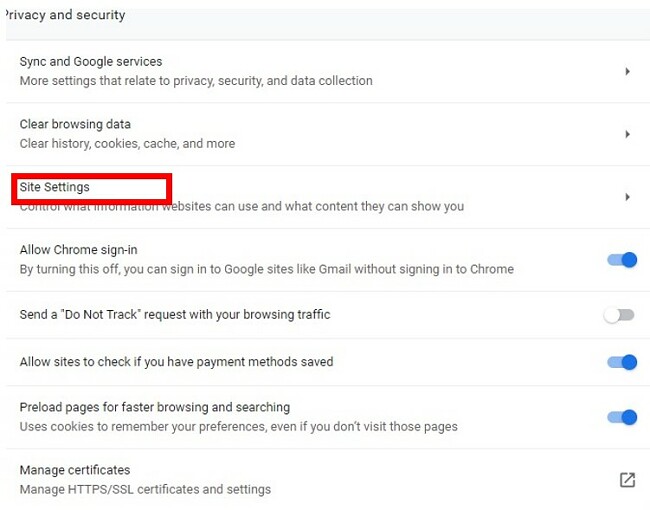

With today's release, Chrome now blocks certain HTTP file downloads.Ĭases where Chrome will stop downloads include when a user is accessing a web page that starts with HTTPS, but the file is downloaded from an URL starting with HTTP. In Chrome 88, Google has also finished a plan it began last year.
Chrome 88 - FTP support will be disabled.Ĭhrome now blocks mixed, insecure downloads. Chrome 87 - FTP support will be disabled by default for fifty percent of users but can be enabled using the flags listed above. 
In this version, you can re-enable it from the command line using either the -enable-ftp command line flag or the -enable-features=FtpProtocol flag.
Chrome 86 - FTP is still enabled by default for most users but turned off for pre-release channels (Canary and Beta) and will be experimentally turned off for one percent of stable users. One of the most important changes is the removal of support for accessing FTP links (ftp://) inside Chrome, a process that started back in Chrome 86: FTP support is also goneīut today's Chrome 88 release also comes with other features, deprecations, bug fixes, and security patches. Speaking at a conference in February 2018, Parisa Tabriz, Director of Engineering at Google, said the percentage of daily Chrome users who've loaded at least one page containing Flash content per day went down from around 80% in 2014 to under 8% in early 2018, a number that has most likely continued plummet since. Apple and Mozilla have also stopped supporting Flash, and Microsoft is scheduled to end support later this month.Ĭurrently, according to web technology survey site W3Techs, only 2.2% of today's websites use Flash code, a number that has plummeted from a 28.5% figure recorded at the start of 2011. The decision was made together with Adobe and other browser makers such as Apple, Mozilla, and Microsoft, in 2017. 
Google is not alone in its move to remove Flash. On January 12, Adobe also began blocking content from playing inside Flash, as part of its final nail in the coffin. These Chromebook laptops feature low prices and long battery lives.įlash reached its official end of life (EoL) on December 31, 2020, when Adobe officially stopped supporting the software.







 0 kommentar(er)
0 kommentar(er)
